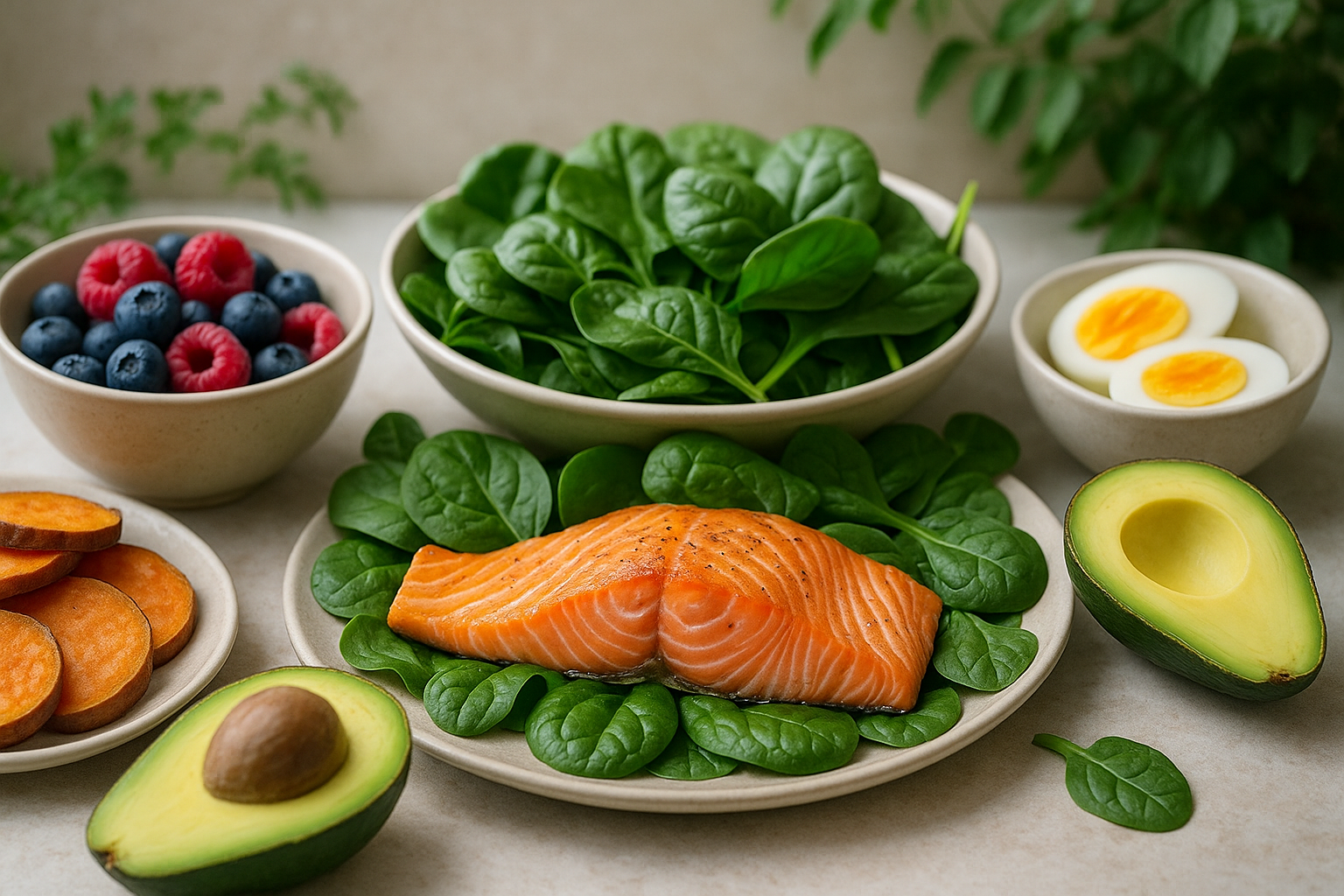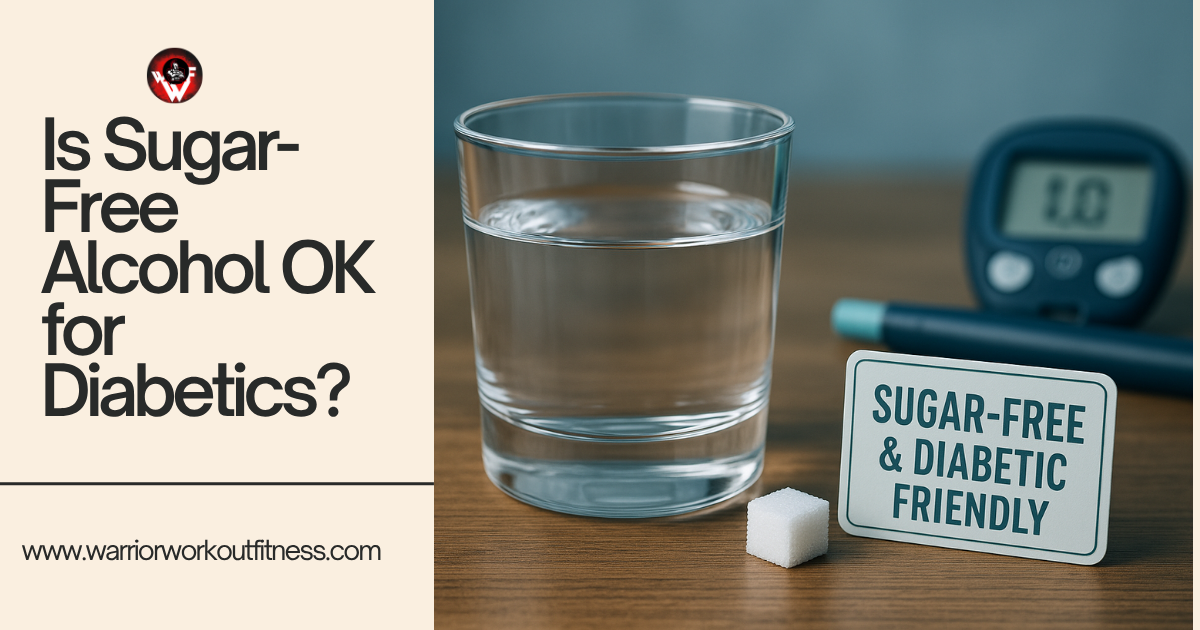Understanding Processed Food: What It Is and Its Impact

In today’s fast-paced world, convenience is key, and food products have adapted to our busy lifestyles. One of the most common terms you will hear in the food industry is "processed food." But what does it really mean, and how does it affect our health? Let’s break down the concept of processed food, its types, and the impact it has on our daily lives.
What is Processed Food?
Processed food refers to any food that has been altered from its original form through methods such as canning, freezing, refrigeration, drying, or adding preservatives. The process is designed to extend the shelf life, improve flavor, and make food more convenient for consumption. While some processing methods are relatively simple, such as freezing vegetables, others involve more complex procedures that may include the addition of sugars, fats, salts, and artificial ingredients.
Types of Processed Foods
Processed food can be divided into several categories based on the extent of their processing:
Minimally Processed Foods: These foods are still close to their original form but have been altered to improve safety, storage, or convenience. Examples include bagged spinach, pre-cut vegetables, or frozen fruits. These foods usually retain most of their nutritional value.
Processed Culinary Ingredients: These foods are used in the preparation of dishes and are minimally altered. Sugar, salt, and oils are prime examples. They are extracted from natural sources and do not contain much beyond their original ingredients.
Moderately Processed Foods: These include items like canned beans, pasta, or frozen meals. These foods often contain added preservatives, flavorings, and stabilizers, making them more convenient and longer-lasting.
Heavily Processed Foods (Ultra-Processed Foods): These are the most altered products, which often contain additives like sweeteners, preservatives, and artificial colors. Examples include snacks, sodas, ready-to-eat meals, and packaged baked goods. These foods usually offer very little nutritional value and are often high in sugar, salt, and unhealthy fats.
Examples of Processed Food
To better understand the concept, let’s look at some examples:
Frozen Meals: Frozen dinners, whether they’re pasta-based or meat-heavy, are examples of processed foods. They are designed to be quick and easy to prepare, but they often contain preservatives, excessive sodium, and added fats.
Canned Foods: From vegetables to soups, canned foods are some of the most commonly processed items in our kitchens. They are convenient, have a long shelf life, and require minimal preparation. However, they often contain added salt and preservatives.
Snack Foods: Chips, cookies, and other packaged snacks are ultra-processed. They are often made with refined sugars, unhealthy fats, and artificial ingredients, making them both tasty and unhealthy.
Health Impacts of Processed Food
Processed foods have become an integral part of many people's diets, but they come with some health problems. It’s important to be aware of how these foods affect your overall well-being.
Increased Risk of Obesity: Many processed foods are calorie-dense and nutrient-poor. This means they provide energy but lack essential nutrients like vitamins, minerals, and fiber. Consuming too many processed foods can lead to weight gain and, over time, obesity.
Higher Sodium Intake: Excessive salt in processed foods is a major concern. Too much sodium can lead to high blood pressure, which increases the risk of heart disease and stroke. Many canned and packaged foods have added salt to enhance flavor and preserve the food for longer periods.
Additives and Preservatives: Some processed foods contain chemicals like artificial sweeteners, coloring agents, and preservatives. Although generally recognized as safe in small quantities, there is ongoing debate about their long-term effects on health.
Nutritional Deficiency: As processed foods are often low in essential nutrients, relying too heavily on them may lead to nutritional deficiencies. This is especially problematic for children and adults who do not consume enough fruits, vegetables, and whole grains.
How to Minimize Processed Food in Your Diet
While it’s difficult to avoid processed food entirely, you can make healthier choices by:
Choosing Whole Foods: Whenever possible, opt for fresh fruits, vegetables, and lean meats. These are less likely to be processed and retain more nutrients.
Reading Labels: If you need to buy packaged food, check the ingredients list for additives, preservatives, and artificial flavorings. The fewer ingredients, the better.
Cooking at Home: Prepare meals at home using fresh ingredients to have better control over what goes into your food. This helps reduce your reliance on processed foods.
Conclusion
Processed foods have undoubtedly made our lives more convenient, but they come with a cost to our health if consumed in excess. By being mindful of the types of processed foods we eat and making healthier choices, we can maintain a balanced diet and improve our overall well-being.
Note: IndiBlogHub features both user-submitted and editorial content. We do not verify third-party contributions. Read our Disclaimer and Privacy Policyfor details.





